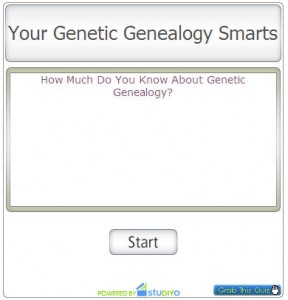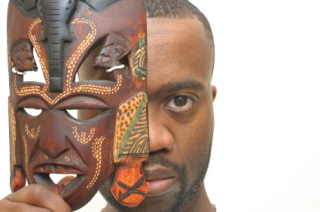 Genetic genealogy has been commercially available since 2000, and in the last 8 years many genealogists have used this new tool to learn about their ancestry. Over the course of the next two weeks, I will be sharing interviews I recently conducted with 9 individuals who have had a huge impact on the field of genetic genealogy. The list includes – in the random order that their interview will appear – Bennett Greenspan, Megan Smolenyak Smolenyak, Terry Barton, Alastair Greenshields, Whit Athey, Ann Turner, Katherine Hope Borges, Max Blankfeld, and Ana Oquendo Pabón.
Genetic genealogy has been commercially available since 2000, and in the last 8 years many genealogists have used this new tool to learn about their ancestry. Over the course of the next two weeks, I will be sharing interviews I recently conducted with 9 individuals who have had a huge impact on the field of genetic genealogy. The list includes – in the random order that their interview will appear – Bennett Greenspan, Megan Smolenyak Smolenyak, Terry Barton, Alastair Greenshields, Whit Athey, Ann Turner, Katherine Hope Borges, Max Blankfeld, and Ana Oquendo Pabón.
Just a quick disclaimer about the list of interviewed individuals before I begin this series. Genetic genealogy has become the valuable tool that it is due to the efforts of many people, but I was not able to interview everyone (and some were unable to commit the time to do an interview). I apologize to anyone that should be on the list but isn’t.

 The International Society of Genetic Genealogy (ISOGG) has just launched a new newsletter. The first edition, March 2008, is available
The International Society of Genetic Genealogy (ISOGG) has just launched a new newsletter. The first edition, March 2008, is available 
 As I was reading through the GENEALOGY-DNA list from Rootsweb this morning, I came across a great
As I was reading through the GENEALOGY-DNA list from Rootsweb this morning, I came across a great